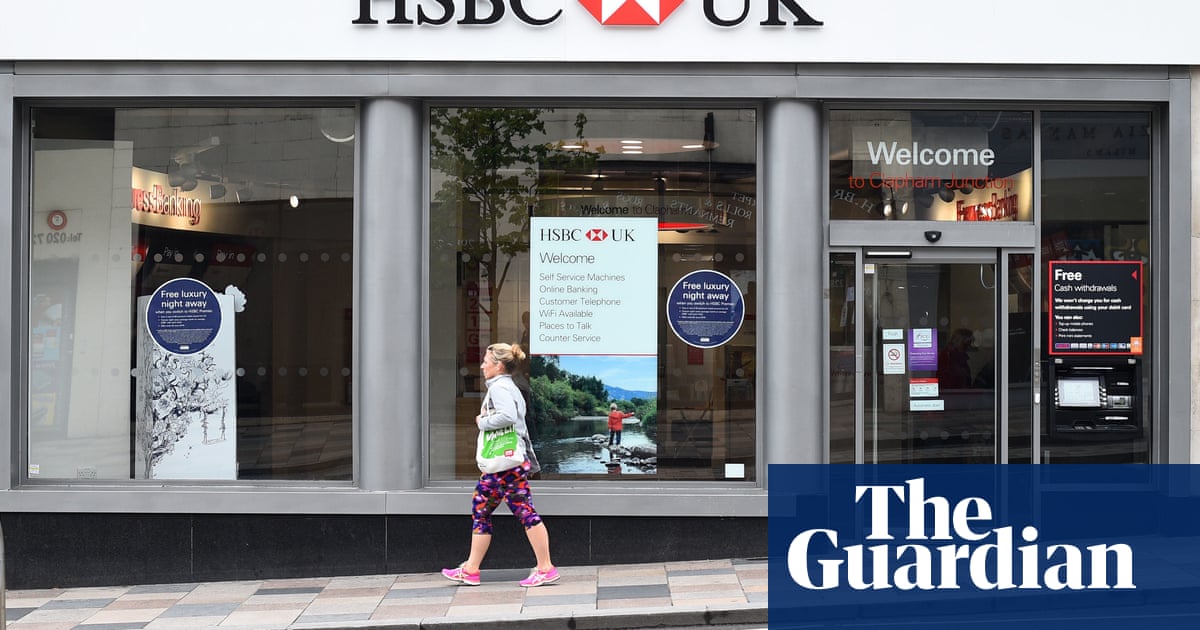HSBC has told staff in its UK high street banks that it may cut their bonuses if they do not work in the office frequently enough.
The bank told employees at its HSBC UK division, which includes its retail and domestic commercial banking businesses, that anyone who did not spend at least 60% of their time in the office could end up being paid less, according to a report by Bloomberg.
It is the latest bank to harden its stance on remote working. In January, the rival bank Barclays ordered all staff to work from the office for at least three days a week, up from a previous requirement of two days. Last year Santander told employees they must be in the office for at least three days a week.
HSBC’s UK division, which is headquartered in Birmingham, introduced its requirement for staff to spend 60% of their time, about three days on average, in the office in 2023. It employs about 23,000 staff in its offices and branches.
The lender told staff that line managers would monitor attendance more closely and adherence to the policy would form part of an employee’s annual performance review, the Financial Times reported.
Theconsultancy PwC told employees in September that it would start tracking their working locationto ensure they met the mandate of working in the office or at client sites three days a week.
Meanwhile, on Wall Street there have been reports that BlackRock, the world’s biggest asset management company, is preparing to order its senior managers to work from the office five days a week. The investment bank JP Morgan Chase has already summoned all its staff back into the office.
Citigroup is one of the few Wall Street banks this year that has told itsstaff that they can work remotely two days a week.
Although there was an initial push after the pandemic to get workers back into the office,28% of working adults in Great Britain still had hybrid arrangementsin the autumn of 2024, according to official data.
Sign up toBusiness Today
Get set for the working day – we'll point you to all the business news and analysis you need every morning
after newsletter promotion
However a recent study suggested that the shift to more remote working among highly skilled professionals hasfailed to level up Britain’s economy. It found that a prevalence of hybrid roles, rather than fully remote ones, meant that professionals were still not moving away from city centres.
HSBC declined to comment.
